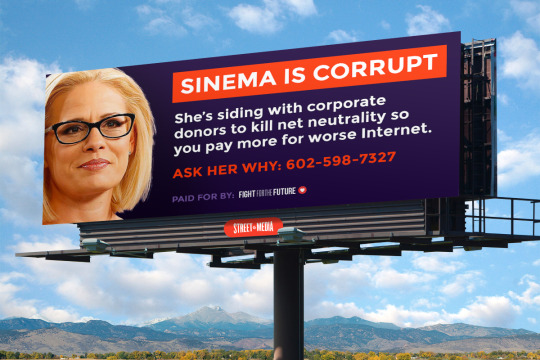Some Democrats Are Ready to Water Down Their Own Net Neutrality Bill
Democrats continue to push their new net neutrality bill through Congress, but there's signs that several members of the party are already eager to water down the proposal.
The three-page Save the Internet Act, introduced by Democrats last week, would restore the FCC's 2015 net neutrality rules via an act of Congress. Those rules prevented giant ISPs like Comcast from throttling or otherwise hindering services they compete with.
During Tuesday hearings on the proposal in the House Communications Subcommittee, some Democrats, like Florida Rep. Darren Soto, stated the bill was simply an "opening offer" and that Democrats would be open to amendments for the bill. Others, like Oregon Rep. Kurt Schrader, insisted that additional "compromise" would be needed to ensure passage.
Normally, compromise is a healthy part of the legislative process. But activists at consumer groups like Fight For the Future told Motherboard that at this juncture in the net neutrality fight, they're only likely to weaken the popular proposal.
"It was frustrating to hear Rep. Soto say he's open to amendments on the Save The Internet Act," Fight for the Future's Josh Tabish told Motherboard. "Given that his office was one of the bill's original co-sponsors, it's hard to view this as anything other than foreshadowing for a back door effort to water down the bill or add ISP-approved loopholes."
Soto's office did not respond to a request seeking comment on what changes he'd prefer.
The problem as activists see it: the FCC's 2015 rules took years, countless hearings, and several court battles to craft. The rules were rebuilt after the FCC's 2010 rules were struck down by the courts. They're the culmination of endless Congressional debates over the better part of two decades. In short, the FCC rules were already a compromise, activists say.
Tabish argued that the rules have broad, bipartisan support among the majority of Americans who aren't interested in a weaker or heavily modified bill.
"The message from net neutrality supporters and the grassroots has been simple: pass a clean bill out of committee to keep this a simple up or down vote on restoring strong net neutrality rules," Tabish said. "There's really no excuse. They have the votes to do this."
In addition to urging for passage of a clean bill, Fight for the Future has been crowdfunding billboards naming and shaming lawmakers like Arizona Senator Kyrsten Sinema for failing to support the restoration of the rules.
 Mock up of sign targeting Arizona Senator Kyrsten Sinema. Image: Fight for the Future
Mock up of sign targeting Arizona Senator Kyrsten Sinema. Image: Fight for the Future Once the bill leaves the House Communications Subcommittee it has a solid chance of passing the new Democratically-controlled House. However it faces a steep uphill climb in the Senate, and would also need to avoid a veto by President Donald Trump.
"This bill will die in the Senate. It's dead," Texas Rep. Pete Olson proclaimed to hearing attendees on Tuesday.
Past Republican efforts at "compromise" on this subject have fallen well short. Lawmakers with close ties to AT&T like Tennessee Senator Marsha Blackburn have introduced their own net neutrality bills in name only; bills critics say are intentionally filled with loopholes and serve just one function: preventing the passage of tougher, more popular protections.
Gigi Sohn, a former FCC lawyer that helped craft the original rules, noted that most of these proposals are designed to specifically weaken FCC authority over industry giants like AT&T and Comcast, not to actually protect consumers.
"Republicans have introduced "compromise" bills, and the lack of any broadband oversight authority for the FCC makes them a non-starter," she told Motherboard in an email.
Sohn agreed with Tabish that given the telecom industry's immense influence in Congress, efforts at amendments would only weaken the bill, further angering consumers left fuming in the wake of FCC boss Ajit Pai's late 2017 repeal.
"The American people have said in overwhelming bipartisan numbers that they want the 2015 Open Internet Order restored," Sohn said. "So I am puzzled why anyone would want a bill that falls short of that."